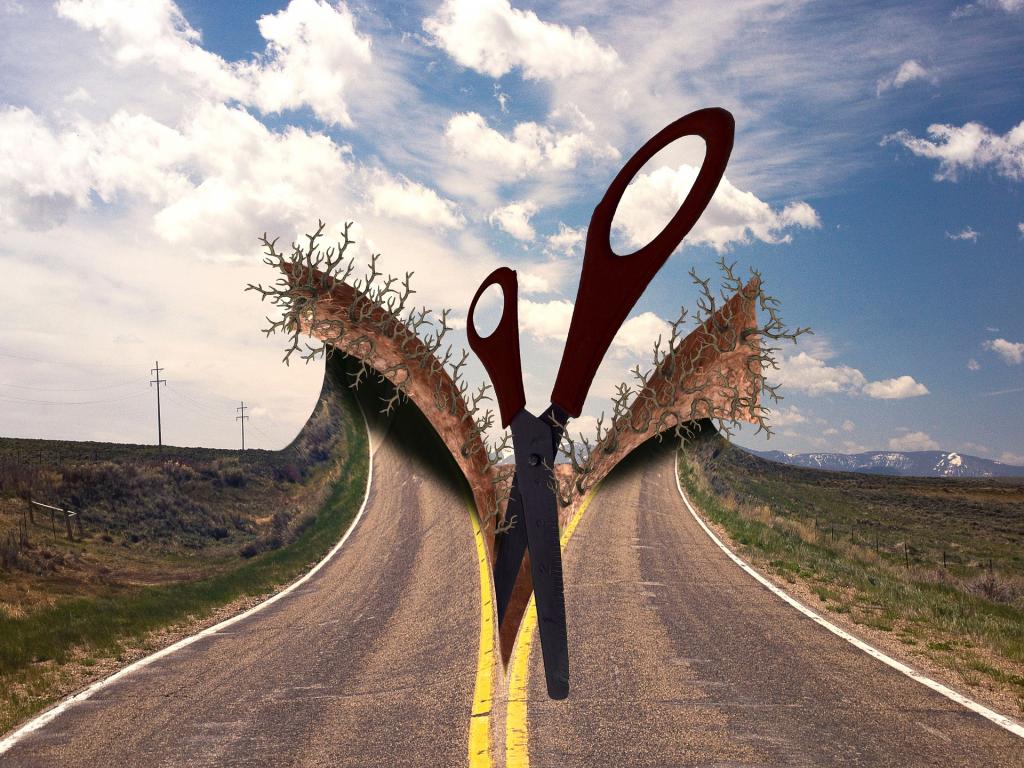-
Tips for becoming a good boxer - November 6, 2020
-
7 expert tips for making your hens night a memorable one - November 6, 2020
-
5 reasons to host your Christmas party on a cruise boat - November 6, 2020
-
What to do when you’re charged with a crime - November 6, 2020
-
Should you get one or multiple dogs? Here’s all you need to know - November 3, 2020
-
A Guide: How to Build Your Very Own Magic Mirror - February 14, 2019
-
Our Top Inspirational Baseball Stars - November 24, 2018
-
Five Tech Tools That Will Help You Turn Your Blog into a Business - November 24, 2018
-
How to Indulge on Vacation without Expanding Your Waist - November 9, 2018
-
5 Strategies for Businesses to Appeal to Today’s Increasingly Mobile-Crazed Customers - November 9, 2018
New estimates: Deficit increase after years of declines
Its baseline budget projections are based on current law and do not take into account deficit-increasing policies that tend to get passed on a yearly basis, such as the extension of various tax breaks.
Advertisement
CBO expects revenues to gradually rise from 17.8 percent of GDP or $3.3 trillion in 2016 to 18.5 percent of GDP or approximately $5 billion by 2026.
Senator David Perdue (R-GA), a member of the Senate Budget Committee, released the following statement in response to the Congressional Budget Office’s (CBO) update to The Budget and Economic Outlook: 2016 to 2026. “CBO has just projected that this year’s deficit will be 35 percent higher than last year’s – $590 billion vs. $438 billion – and that trillion-dollar deficits will be back by 2024”.
The report said the US economy, or Gross Domestic Product, will grow slower than it predicted in January.
On the deficit, the CBO’s latest report sees a slight improvement over the longer term, mostly because the government is expected to pay lower interest rates on its nearly $20 trillion in debt.
All told, the CBO predicts the deficit rising from $590 billion in the budget year ending September 30 to $1.2 trillion in 2026. Those lower interest rates, however, are expected in large measure because of slower economic growth.
“There would be a greater risk that investors would become unwilling to finance the government’s borrowing needs unless they were compensated with very high-interest rates”, the report states.
President Obama inherited a financial crisis and major recession upon entering office in January 2009 and presided over massive budget deficits as high as $1.4 trillion beginning in fiscal 2009.
Advertisement
Trump’s promise of cutting “waste, fraud and abuse” within the federal government is an attractive slogan and an outsider businessmen could bring a new perspective to government spending – but this remains a promise that hasn’t been fully backed up with examples. Democratic nominee Hillary Clinton wants further tax increases on the wealthy but calls for spending the money on agenda items like infrastructure.





























